
This sturdy built breed with very dense double coat is known for being suspicious of strangers and over protective of its owners as well as property. This personality, although beneficial to the safety of owners, can be one of the reasons this breed is considered as high risk dogs by some since a number of dog bite cases are related to them. But despite the danger this breed can possibly bring, owners or potential owners need not be afraid for there are effective ways on how to deal with this problem and that is appropriate Chow Chow training.
Like other dog breeds especially those with dominant and strong personality, training a Chow Chow should start at a very young age. Training at this point in time usually involves thorough socialization with the mother and other puppies in the litter. This is beneficial in developing social relationships as well as getting them used to common sights and sounds. It is also during this period that a puppy learns about biting and how to control it.
Termed as bite inhibition, it is a response in which a dog inhibits or controls the force of its biting so as not to hurt or cause injury to anyone. Ideally, a dog learns this when playing together thus explains why a dog should not be taken away from the mother and the rest of the litter at a very young age. The principle of bite inhibition is that, when the puppy bites its sibling too hard, that sibling will yelp, stop playing and ignore the rough puppy. When this happens each time a pup bites too hard, that pup will soon realize that playtime and fun stops when the biting is too hard hence will have to control the force of its bite for continued fun.
Owners can incorporate this principle during Chow Chow training. If your Chow Chow puppy starts to bite harder than it is supposed to, yelp and say something like "ouch" or "oww" and then stop interacting with that pup. Let a few seconds pass and when the biting continues, repeat the first step. If the first step seems ineffective, you may also want to leave the room or area where you're at for a few seconds. While you are walking away, never look back or budge despite its best effort to tempt you to play.
This process should encourage your puppy to bite less hard and less often. Smacking your puppy's nose or hitting the head should not be used when confronted with this issue. It can do more harm than good since a puppy will see the need to defend itself thus will be prompted to bite.
Laura Coleman believes that this sturdy dog makes good family pet as long as provided with proper Chow Chow training. To get more tips about Chow Chow training, check out her site regarding this breed.
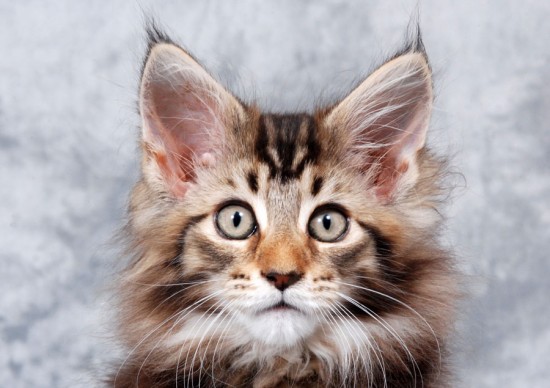 Owning A Maine Coon
Owning A Maine Coon
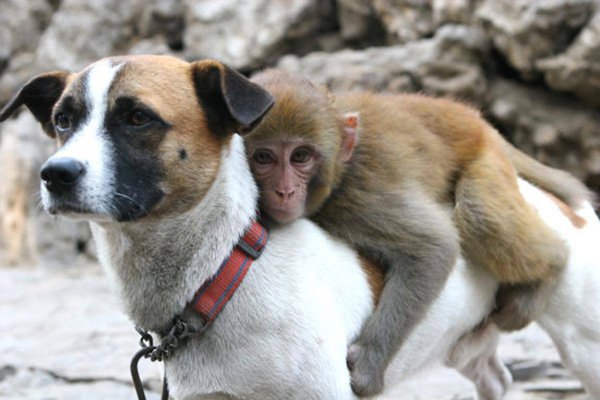 High Quality Timber Chicken Houses For Your Poultry Flock
High Quality Timber Chicken Houses For Your Poultry Flock
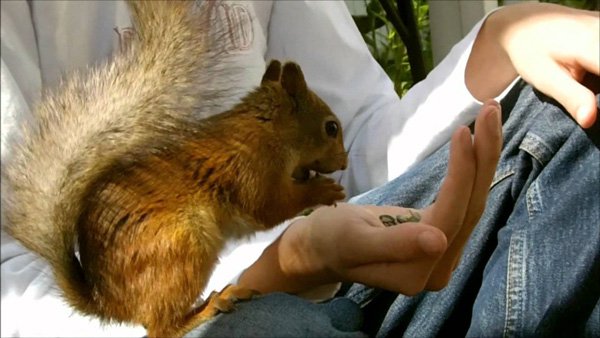 Important Things to Consider While Opening Dog and Cat Boarding
Important Things to Consider While Opening Dog and Cat Boarding
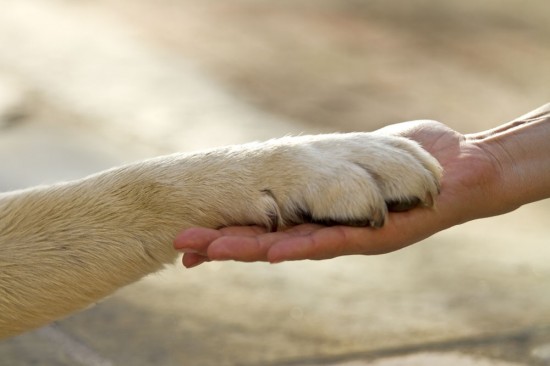 The Pets4homes Dog Care Quiz - What Type Of Dog Owner Are You?
The Pets4homes Dog Care Quiz - What Type Of Dog Owner Are You?
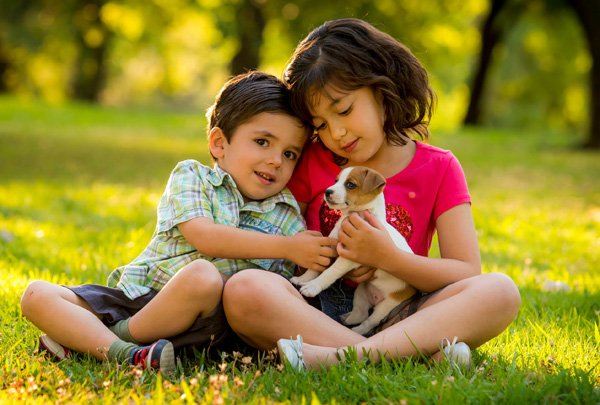 Purchase a brought up goat fencing for the superior stability of the goats
Purchase a brought up goat fencing for the superior stability of the goats
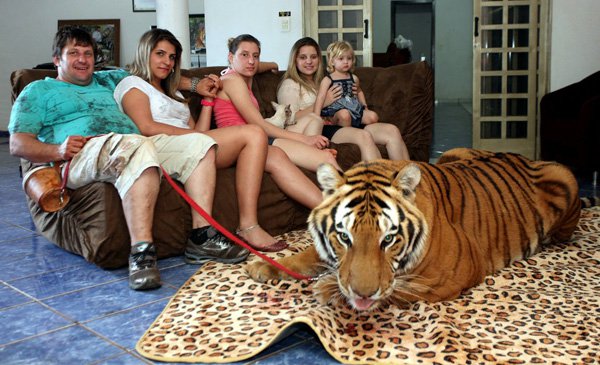 How to Select Top Foods for Dogs?
How to Select Top Foods for Dogs?
Copyright © 2005-2016 Pet Information All Rights Reserved
Contact us: www162date@outlook.com